This article was co-authored by Tu Anh Vu, DMD and by wikiHow staff writer, Hannah Madden. Dr. Tu Anh Vu is a board certified dentist who runs her private practice, Tu's Dental, in Brooklyn, New York. Dr. Vu helps adults and kids of all ages get over their anxiety with dental phobia. Dr. Vu has conducted research related to finding the cure for Kaposi Sarcoma cancer and has presented her research at the Hinman Meeting in Memphis. She received her undergraduate degree from Bryn Mawr College and a DMD from the University of Pennsylvania School of Dental Medicine.
There are 7 references cited in this article, which can be found at the bottom of the page.
wikiHow marks an article as reader-approved once it receives enough positive feedback. In this case, 100% of readers who voted found the article helpful, earning it our reader-approved status.
This article has been viewed 1,208,980 times.
If you have a sharp pain or increased sensitivity in your tooth, you might have a cavity. These small holes in your teeth can cause a lot of pain and discomfort, so it’s important to take care of them right away. Most cavities are treatable, and there are a couple different options you can choose from depending on the size and location of your cavity. Read through these common questions to figure out what you need to do and how to treat your cavity today.
Steps
How do you stop a cavity from getting worse?
-
1Get a fluoride treatment. Fluoride is a naturally occurring mineral that helps strengthen the outside of your tooth. If you have a small cavity that you caught early, you can go into your dentist and ask for a fluoride treatment. If your cavity is very mild, fluoride may be able to reverse it.[5]
-
2Maintain good oral hygiene. Bacteria causes cavities to get worse. Try to keep brushing your teeth twice per day and flossing at least once a day. Avoid sugary sweets, and limit the amount of snacking you do throughout the day.[6]
What can a dentist do for a cavity?
-
1For mild cavities, they will give you a filling. If you caught your cavity early on, a dentist will be able to treat it with a filling. First your dentist will numb your mouth so you can’t feel anything, then they will take a glass, quartz, or metal filling and use it to fill the hole in your tooth. It will stop your cavity from getting worse, and it should take away any pain or discomfort in your mouth.[7]
-
2When cavities reach your inner tooth, you may need a root canal. Root canals are usually saved for severe cavities that have eaten through the outer layer of enamel. During this procedure, your dentist will numb your mouth so it doesn’t hurt and then use a small drill to remove the diseased pulp. Then, they will fill the hole with a filling.[8]
-
3If your tooth is severely decayed, it may need to be removed. Unfortunately, if your cavity is severe enough, your dentist may have to numb your mouth and then extract the tooth completely. It shouldn’t hurt, and you may be able to get an implant to replace your missing tooth.[9]
How do you prevent cavities?
-
1Brush and floss every day. Cavities are caused by bacteria that get into our mouths every day. When you brush your teeth every morning and night and floss at least once a day, you can get rid of a lot of the bacteria that might give you a new cavity. For extra protection, rinse your mouth with mouthwash afterwards.[10]
-
2See your dentist twice per year. Your dentist can give you a checkup and make sure your teeth are in good shape. They can also give you a deep clean and get rid of any plaque buildup on your teeth that might lead to cavities later on.[11]
-
3Ask your dentist about fluoride and sealants. Fluoride treatments make your outer teeth stronger, leaving them less prone to cavities. Sealants fill in any deep holes or crevices in your teeth that might be prone to bacteria buildup. If you think those might help you, talk to your dentist about them.[12]
Expert Q&A
-
QuestionWhat if I'm to worried that drilling it will only make it worse?
 Cristian Macau, DDSDr. Macau is an oral surgeon, periodontist, and aesthetician at Favero Dental Clinic in London. He received his DDS from Carol Davila University of Medicine in 2015.
Cristian Macau, DDSDr. Macau is an oral surgeon, periodontist, and aesthetician at Favero Dental Clinic in London. He received his DDS from Carol Davila University of Medicine in 2015.
Doctor of Dental Surgery You should not worry about having your teeth restored. This is the procedure which helps to complete healing and drilling is a part of it. If you feel any pain, then your dentist can numb your tooth.
You should not worry about having your teeth restored. This is the procedure which helps to complete healing and drilling is a part of it. If you feel any pain, then your dentist can numb your tooth. -
QuestionCan cavities below the gum line be repaired?
 Cristian Macau, DDSDr. Macau is an oral surgeon, periodontist, and aesthetician at Favero Dental Clinic in London. He received his DDS from Carol Davila University of Medicine in 2015.
Cristian Macau, DDSDr. Macau is an oral surgeon, periodontist, and aesthetician at Favero Dental Clinic in London. He received his DDS from Carol Davila University of Medicine in 2015.
Doctor of Dental Surgery Indeed. Any type of cavity can be fully restored using dental materials as long as your dentist can obtain a perfect dry area and a good view. Cavities below the gum line require the insertion of a retraction cord which helps the dentist to remove the entire damaged structure.
Indeed. Any type of cavity can be fully restored using dental materials as long as your dentist can obtain a perfect dry area and a good view. Cavities below the gum line require the insertion of a retraction cord which helps the dentist to remove the entire damaged structure. -
QuestionHow often do you recommend someone go to the dentist for a regular checkup?
 Tu Anh Vu, DMDDr. Tu Anh Vu is a board certified dentist who runs her private practice, Tu's Dental, in Brooklyn, New York. Dr. Vu helps adults and kids of all ages get over their anxiety with dental phobia. Dr. Vu has conducted research related to finding the cure for Kaposi Sarcoma cancer and has presented her research at the Hinman Meeting in Memphis. She received her undergraduate degree from Bryn Mawr College and a DMD from the University of Pennsylvania School of Dental Medicine.
Tu Anh Vu, DMDDr. Tu Anh Vu is a board certified dentist who runs her private practice, Tu's Dental, in Brooklyn, New York. Dr. Vu helps adults and kids of all ages get over their anxiety with dental phobia. Dr. Vu has conducted research related to finding the cure for Kaposi Sarcoma cancer and has presented her research at the Hinman Meeting in Memphis. She received her undergraduate degree from Bryn Mawr College and a DMD from the University of Pennsylvania School of Dental Medicine.
Board Certified Dentist I recommend going twice a year, or every 6 months. Your dentist can clean any calculus, tartar, or plaque off of your teeth, which is very important for your dental health. Also, it's a great way to build a relationship with your dentist, and you'll be able to catch any problems early, which may make them easier to treat.
I recommend going twice a year, or every 6 months. Your dentist can clean any calculus, tartar, or plaque off of your teeth, which is very important for your dental health. Also, it's a great way to build a relationship with your dentist, and you'll be able to catch any problems early, which may make them easier to treat.
Warnings
- You may not experience any symptoms or see any signs when cavities start penetrating your teeth. However, as the cavities continue to enlarge, the symptoms worsen.⧼thumbs_response⧽
References
- ↑ https://my.clevelandclinic.org/health/diseases/10946-cavities
- ↑ https://www.nidcr.nih.gov/health-info/tooth-decay/more-info/tooth-decay-process
- ↑ https://www.listerine.com/cavities-strong-teeth/7-signs-cavities
- ↑ https://www.ncbi.nlm.nih.gov/pmc/articles/PMC5198813/
- ↑ https://my.clevelandclinic.org/health/diseases/10946-cavities
- ↑ https://www.nidcr.nih.gov/health-info/tooth-decay/more-info/tooth-decay-process
- ↑ https://www.mouthhealthy.org/en/az-topics/d/dental-filling-options
- ↑ https://my.clevelandclinic.org/health/diseases/10946-cavities
- ↑ https://my.clevelandclinic.org/health/diseases/10946-cavities
- ↑ Tu Anh Vu, DMD. Dentist. Personal interview. 7 May 2020.
- ↑ Tu Anh Vu, DMD. Dentist. Personal interview. 7 May 2020.
- ↑ https://www.mouthhealthy.org/en/az-topics/c/cavities
- ↑ Tu Anh Vu, DMD. Dentist. Personal interview. 7 May 2020.
About This Article
To treat cavities, you should visit your dentist, who will examine your teeth and suggest the best course of action. For example, you might receive fluoride treatment, which helps teeth restore themselves by remineralizing the tooth surface. If the cavity is deeper, your dentist might also fill your tooth with porcelain or silver amalgam to prevent further decay. Alternatively, you might get a crown, which covers your tooth with a tooth-like material. Your dentist might also perform a root canal if the cavity has penetrated deep into your tooth’s pulp, which will extract the decaying pulp from inside your tooth. For more tips from our Dental co-author, including how to prevent cavities with a daily routine, read on!
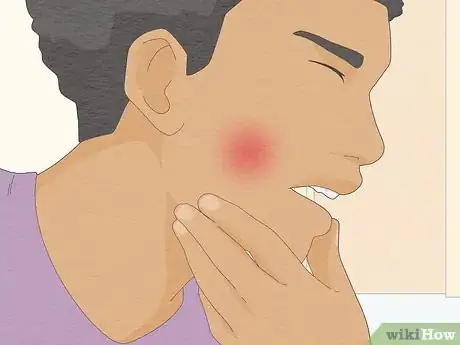

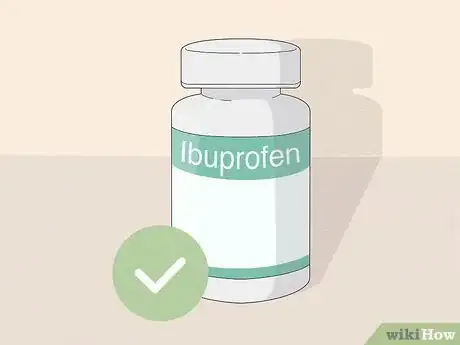
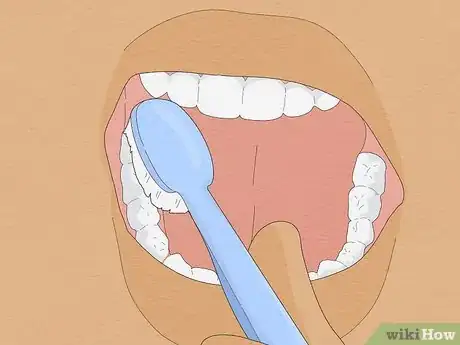
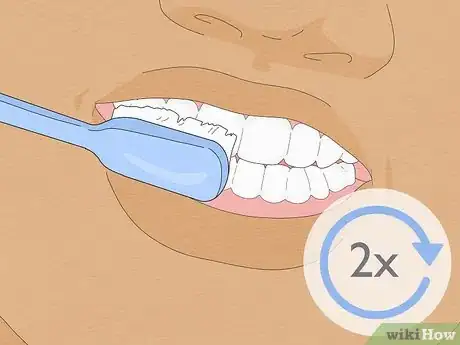
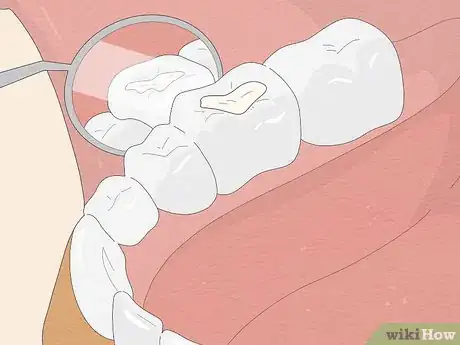
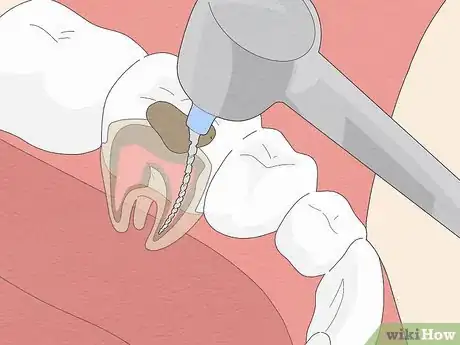
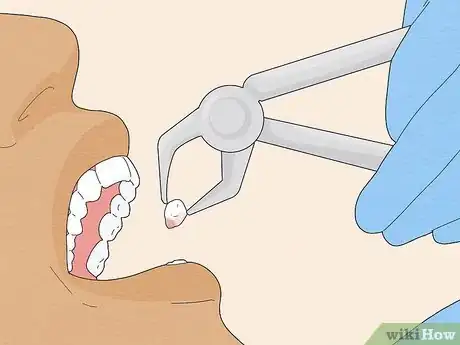
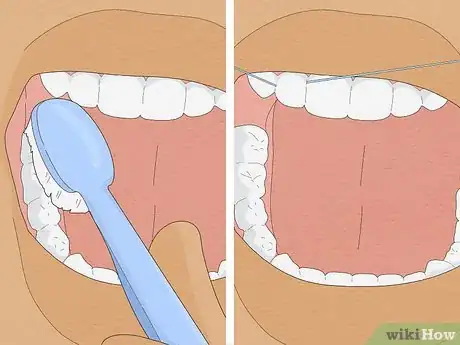

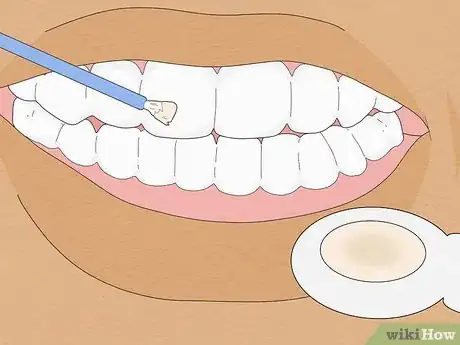


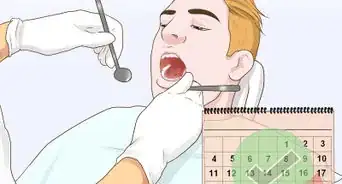

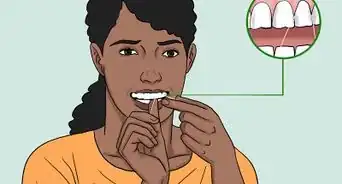
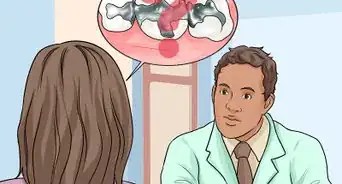



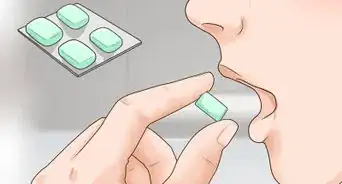
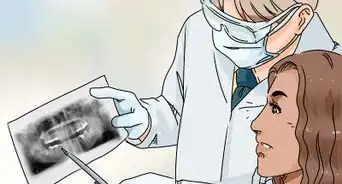


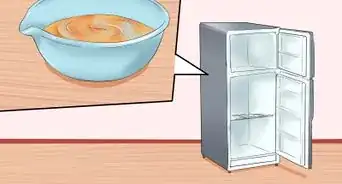












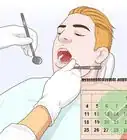




































Medical Disclaimer
The content of this article is not intended to be a substitute for professional medical advice, examination, diagnosis, or treatment. You should always contact your doctor or other qualified healthcare professional before starting, changing, or stopping any kind of health treatment.
Read More...